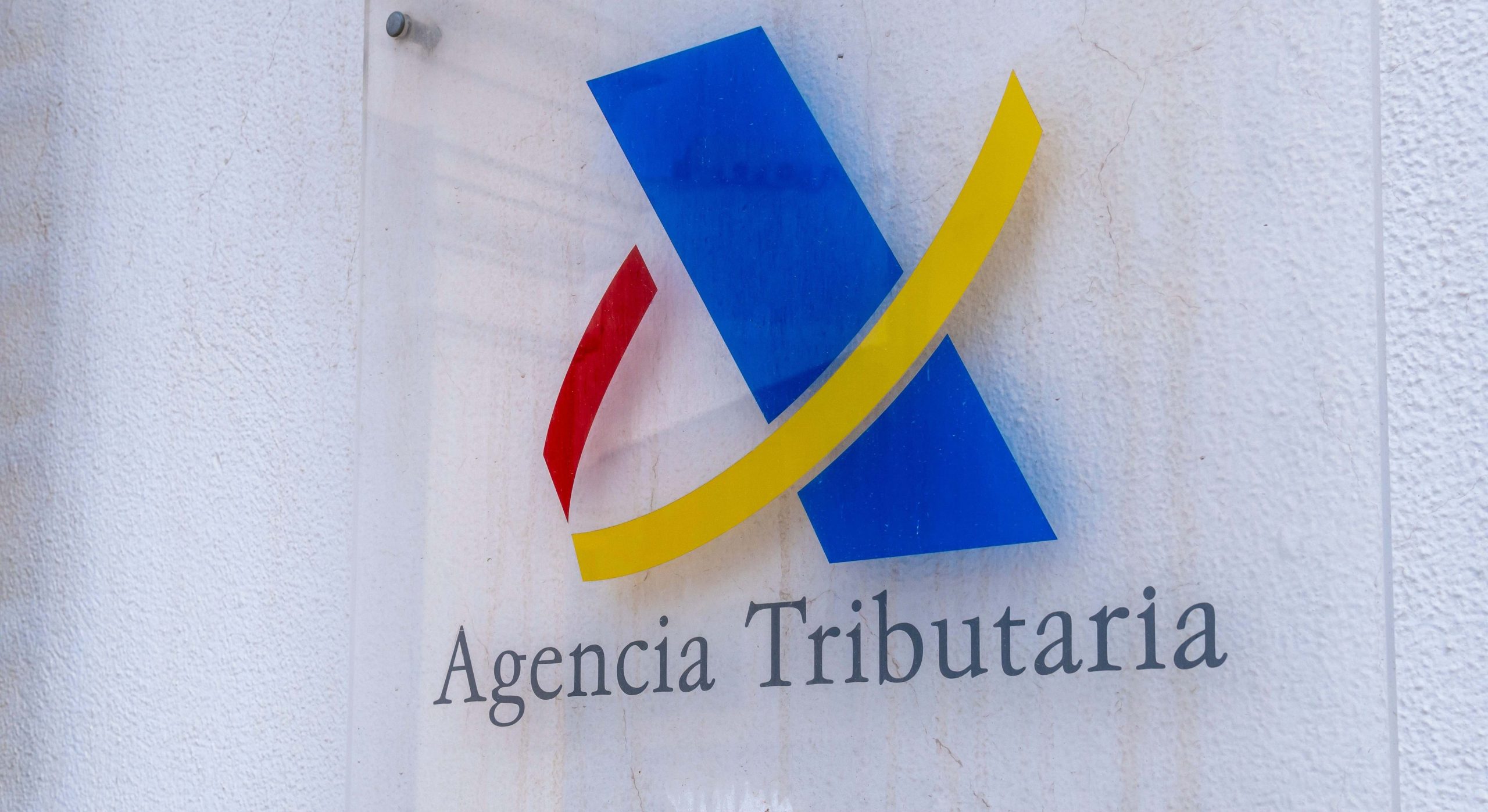The wealth tax has been a recurring topic of debate in Spain. Its complexity raises many questions, especially among individuals with significant assets, whether they are residents or non-residents.
Unlike other taxes, this one applies to the total net worth of an individual as of December 31 of each year, not just the income earned.
In this article, we explain everything you need to know about the wealth tax, the differences between residents and non-residents, the new solidarity tax, and how it impacts your estate planning.
The wealth tax: basic concepts
This tax is direct, personal, and complementary to the Personal Income Tax (IRPF). The taxable base includes all of an individual’s economic assets and rights, valued according to current regulations, from which any debts and charges related to those assets are deducted.
What assets and rights are included?
- Real estate (homes, commercial premises, land)
- Bank deposits, current accounts, and financial products
- Stocks, bonds, and other securities
- Life insurance policies
- Works of art, antiques, and jewelry
- Vehicles and boats
Exemptions and allowances
There are significant exemptions, such as the main residence (up to €300,000) or family-owned businesses. In addition, there is a general exemption of €700,000 at the national level.
The situation of tax residents in Spain
If you are a tax resident in Spain, you are taxed on your worldwide assets, whether located in Spain or abroad.
Moreover, the management of the wealth tax is delegated to the autonomous communities. Each region can set its own exemption thresholds, tax rates, and apply specific deductions.
Madrid and Andalusia: special cases
Until recently, regions like Madrid and Andalusia applied a 100% tax relief on the wealth tax, which in practice meant paying nothing. This attracted many high-net-worth individuals.
Other autonomous communities
In other regions, such as Catalonia, the Valencian Community, the Balearic Islands, or Extremadura, the wealth tax is fully enforced and can represent a significant financial burden.
The case of non-residents
If you are not a tax resident in Spain, the wealth tax only applies to the assets and rights you hold within Spanish territory. Your global wealth is not considered.
Real estate and other assets
The main reason a non-resident may need to declare this tax is owning real estate in Spain. Bank accounts and shares in Spanish companies are also included.
Application of regional rules
Due to a ruling by the Court of Justice of the European Union, if you reside in an EU or EEA country, you can apply the regulations of the autonomous community where the majority of your Spanish assets are located. This can be beneficial due to regional deductions. For non-EU/EEA residents, the national regulations apply.
The temporary solidarity tax on large fortunes
Since 2023, there is a new tax: the solidarity tax on large fortunes (ITSGF). Its goal is to ensure that high-net-worth individuals pay tax even in regions that apply a full wealth tax relief.
Who is affected?
This tax applies to both residents and non-residents with a net worth exceeding €3 million.
How does it work?
A progressive tax scale is applied from €3,000,000 onwards. Any amount already paid under the wealth tax is deducted to avoid double taxation.
Estate planning: key to optimization
The combination of the wealth tax and the solidarity tax makes advance planning essential.
Asset valuation
How you value your assets—especially real estate and shares—directly affects the taxable base. It is crucial to perform realistic and accurate valuations.
Investment structures
In some cases, structuring your investments through companies or funds may offer tax advantages. However, this must always be done with legal advice to avoid risks.
Professional tax advice
In a complex and ever-changing tax environment, having a specialized team is essential. A tax advisor can help you understand which regulations apply to you, how to file properly, and how to optimize your situation.
If you want official information about this tax, you can visit the Spanish Tax Agency.
Get advice from top tax and wealth experts in Mallorca
At Resitax, we have extensive experience helping both residents and non-residents optimize their tax position in Spain. If you own property or have significant wealth in the country, we help you stay compliant while minimizing your tax burden.
Check out our tax advisory services in Mallorca and receive a personalized assessment.
Contact us today and protect your assets with expert advice.







